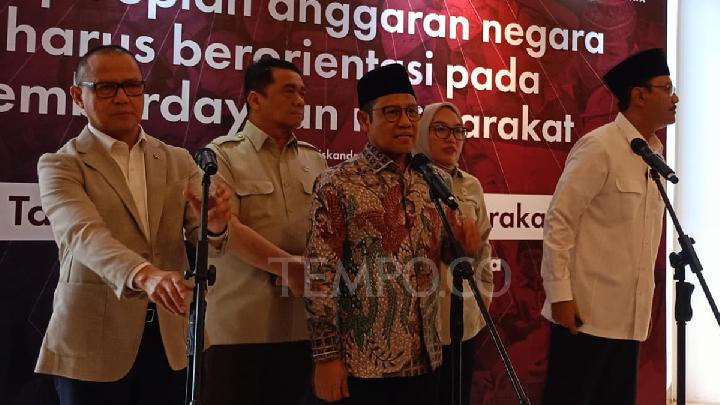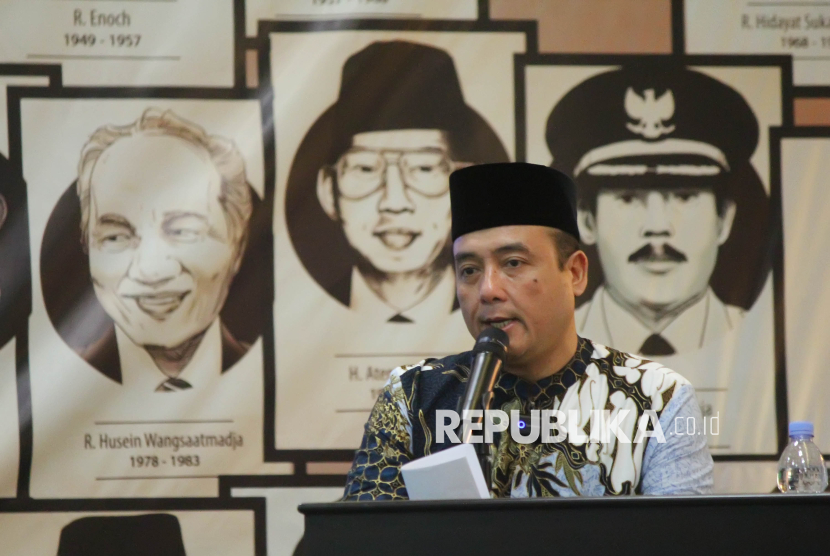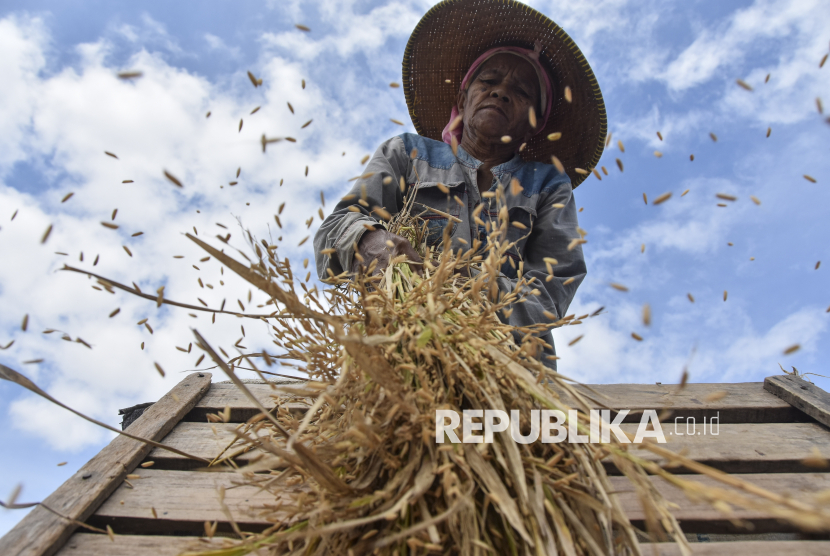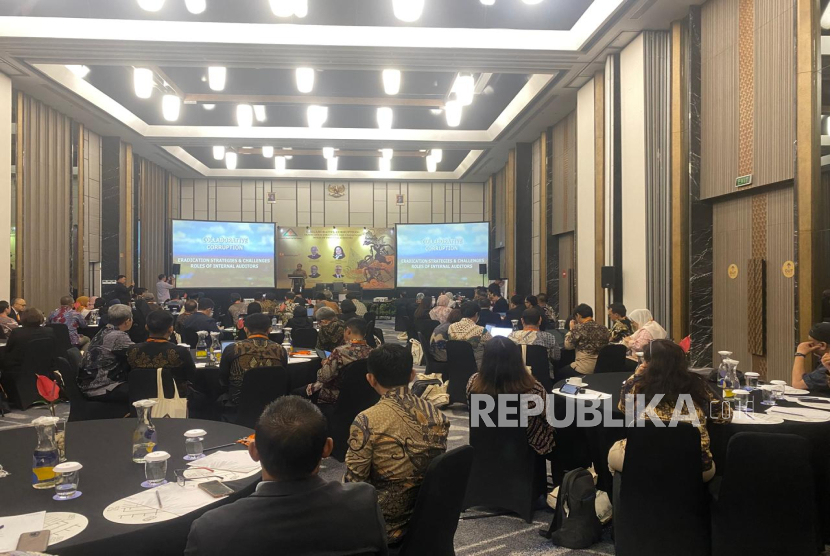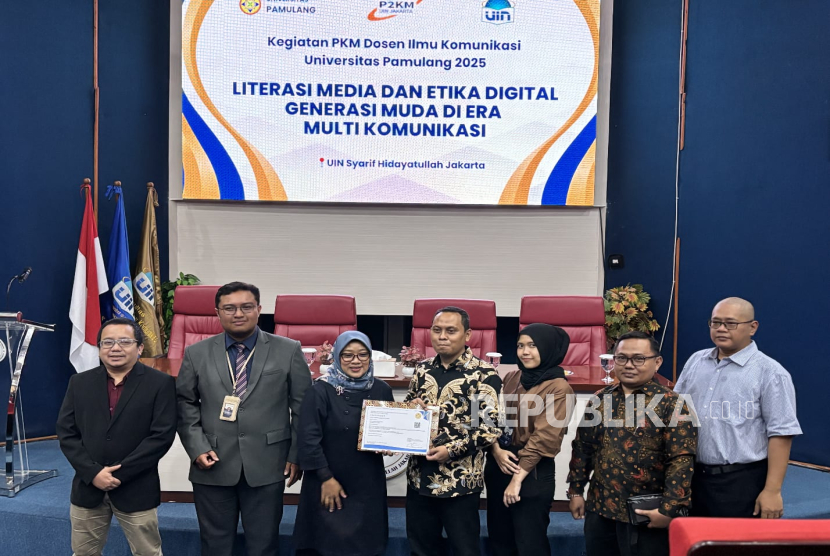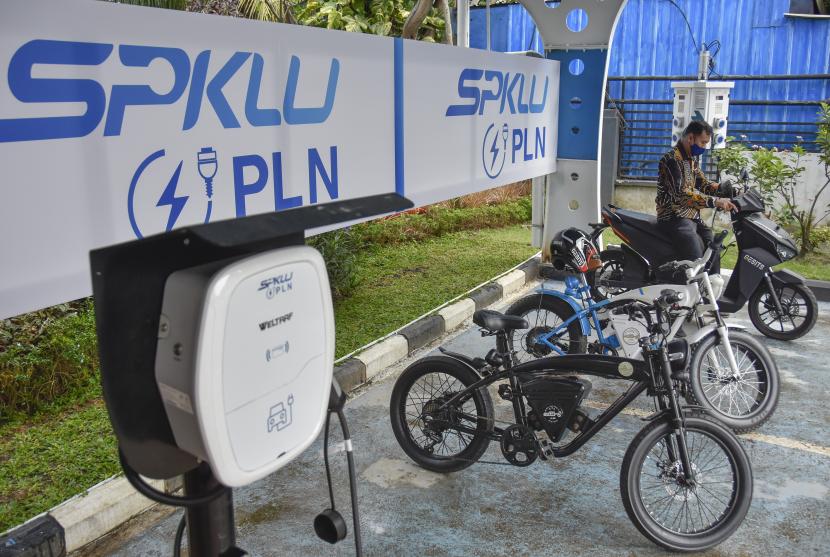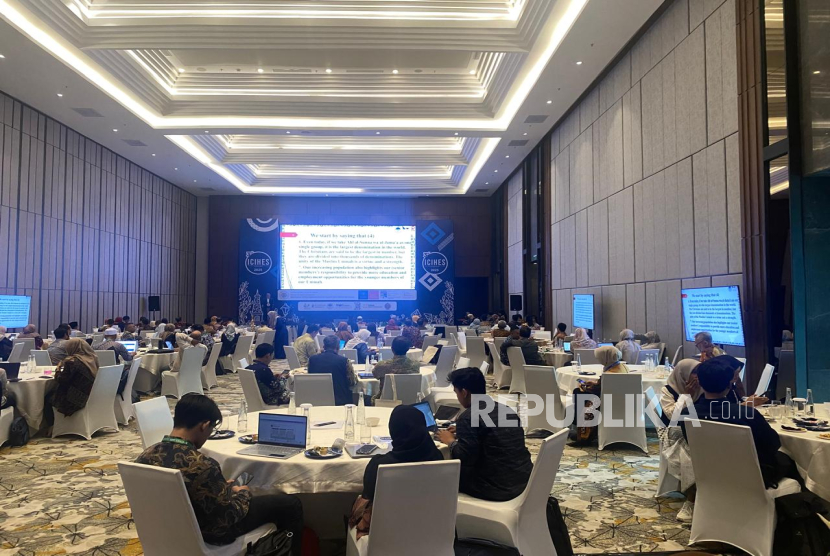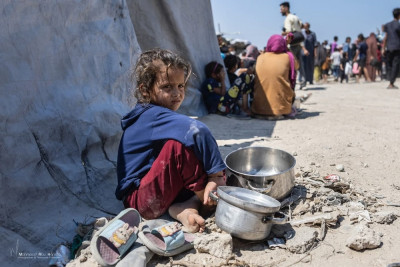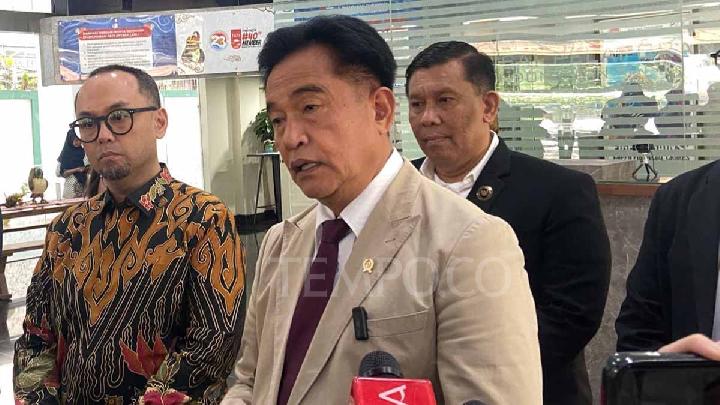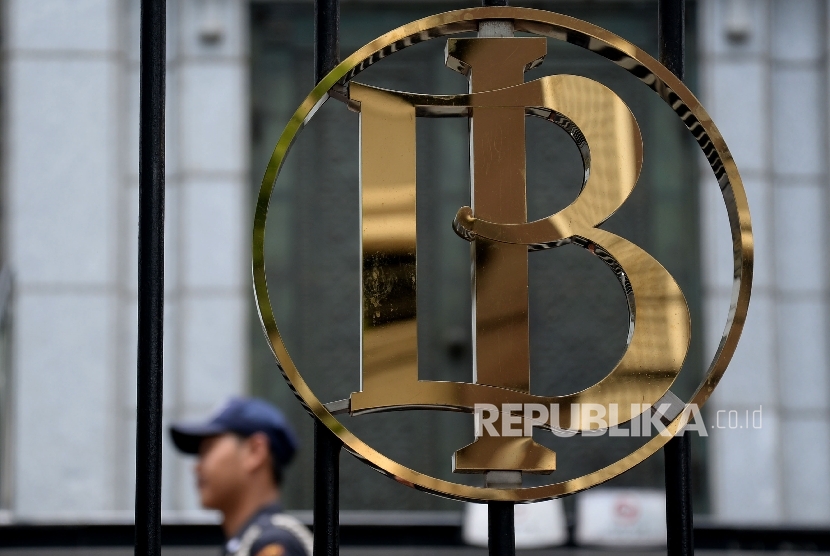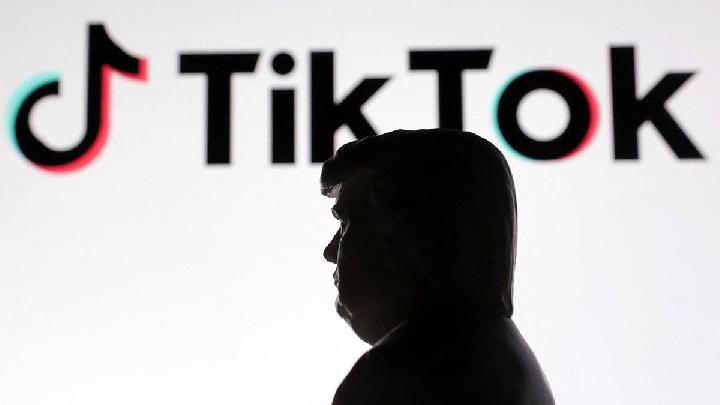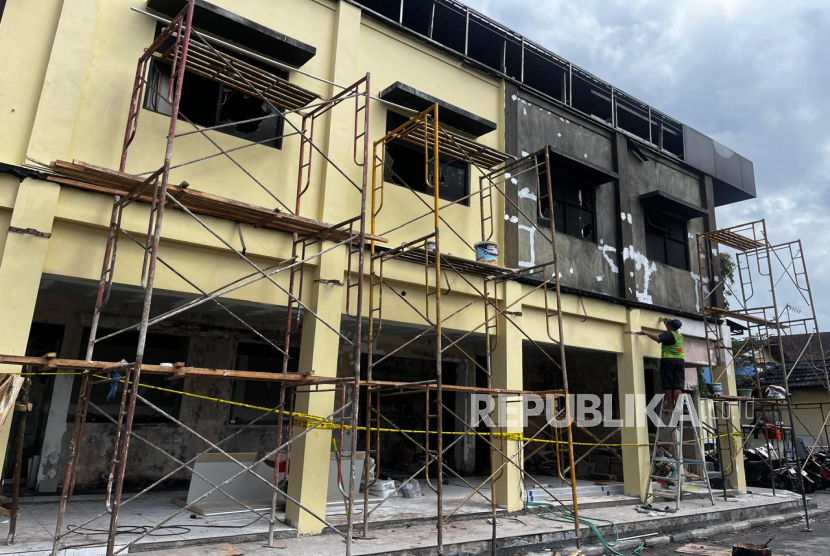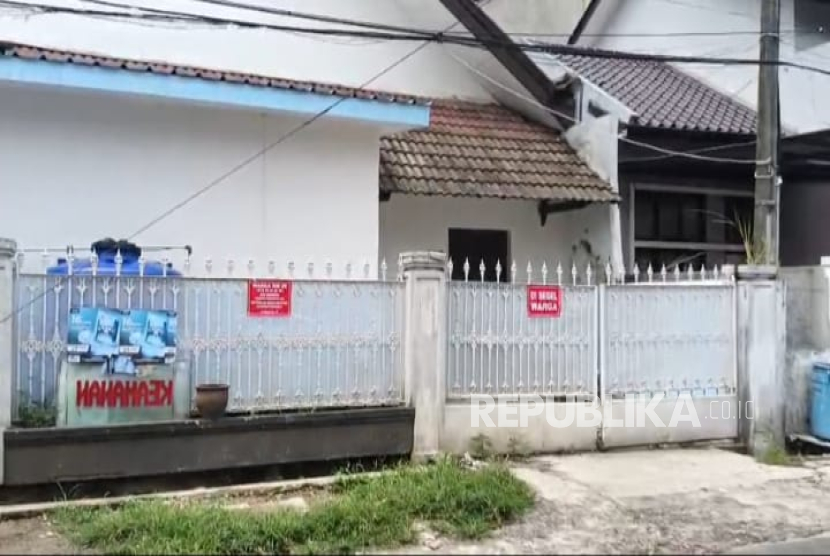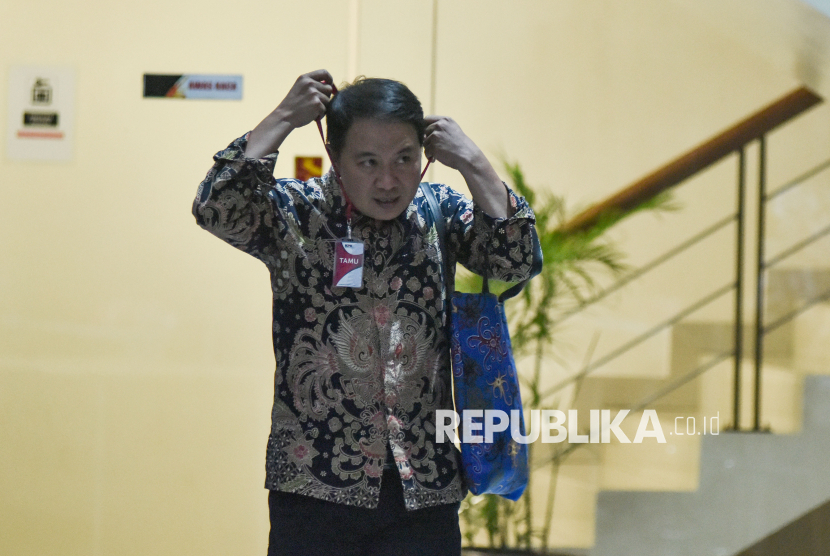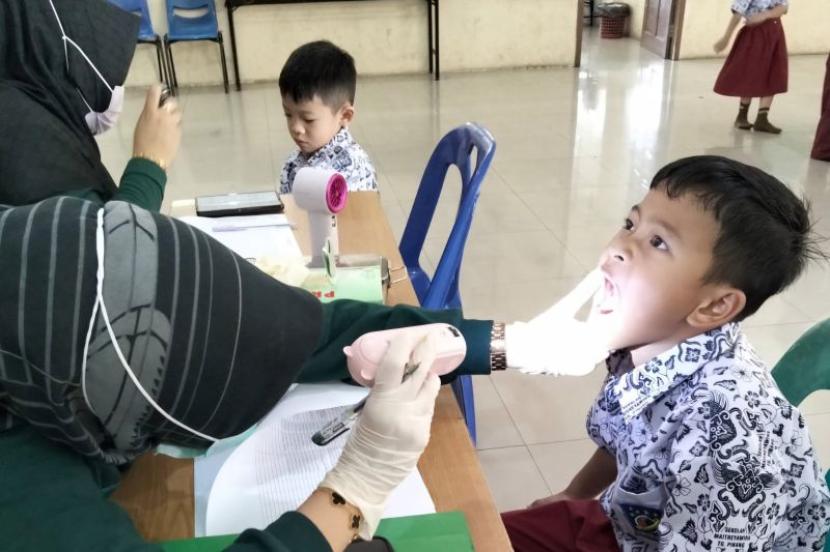August 4, 2025 | 11:13 am

TEMPO.CO, Jakarta - The dream of Indonesia becoming a major nation could lead to the government ignoring the dangers of soaring debt. A fiscal crisis is staring us in the face.
THE saying about robbing Peter to pay Paul is what is guiding the government in its efforts to deal with soaring debt. The inability of the administration to manage state finances, as well as its apparent belief that Indonesia is a major nation, could undermine the economy.
The government has paid installments on maturing debt totaling Rp178.9 trillion as of June 2025. This amount is part of the total debt of Rp800.33 trillion maturing this year. Meanwhile, Indonesia’s total government debt reached Rp7,144.6 trillion as of the first quarter of 2025.
As in previous years, Finance Minister Sri Mulyani Indrawati is solving debt problems with more debt. The government took out new loans amounting to Rp250 trillion between January and the end of March 2025. This is equivalent to 40.6 percent of total targeted spending in the 2025 State Budget, which has been set at Rp775.9 trillion.
The government’s decision to take on new debt will have a significant impact on the amount of interest it will have to pay. Throughout 2024, the interest on government bonds (SBN) was 7.2 percent, almost three times higher than on bonds issued by neighboring states such as Thailand (2.7 percent) and Vietnam (2.8 percent).
The high government bond interest rate is an indication of the size of the risk borne by creditors. This additional debt strategy, known as front loading, involves taking out huge new loans at the start of the fiscal year to ensure there is adequate funding and to anticipate global economic uncertainties, especially after the United States imposed additional import tariffs on dozens of nations, including Indonesia.
The Finance Ministry claims that there are no problems with Indonesia’s debt situation. This claim is based on the low debt-to-service ratio, the ratio of the ability to repay interest and principal of foreign debt to export revenues.
But this ratio is not necessarily an indication of sound financial conditions because its low value is the result of the foreign debt burden being offset by the surge in foreign currency export revenues from commodities such as nickel, coal and crude palm oil from 2020 to 2024.
President Prabowo Subianto has said that Indonesia’s debt ratio to gross domestic product is among the lowest in the world. It is true that our debt ratio to GDP is still around 38 percent, within the safe limits laid down by Law No. 17/2023 on State Finances.
However, it is a mistake to rely on this yardstick because it does not give a complete picture of Indonesia’s economic vulnerability. The debt ratio to GDP does not explain exchange rate risk or the ability of the state to collect revenues, and it does not differentiate between debt for consumption and debt for productive investment.
In 2023, United Nations Secretary-General António Guterres stated that a country is considered to have systemic failure if its interest payments on debt exceed spending on public services like health care or education. Currently, Indonesia’s proportion of interest payments on debt reaches 76 percent of the total education budget and 253 percent of the health care budget. This means Indonesia’s debt has weakened the country’s ability to finance human resource development.
And it seems that this situation will continue, given that Prabowo continues to oppose the market economy. Like his predecessor, President Joko Widodo, Prabowo is continuing with hugely expensive flagship projects. He is not prioritizing labor-intensive projects that boost the economy.
The projects for free nutritious meals and Red-and-White cooperatives, as well as the plan to purchase primary defense equipment with funds sourced from debt, could plunge the Indonesian economy into a deeper abyss. If this chaos is allowed to continue, there will be a fiscal crisis, and Indonesia will rapidly become a failed state.
Indonesia's Sri Mulyani Meets US Envoy to Boost Economic Cooperation
1 hari lalu
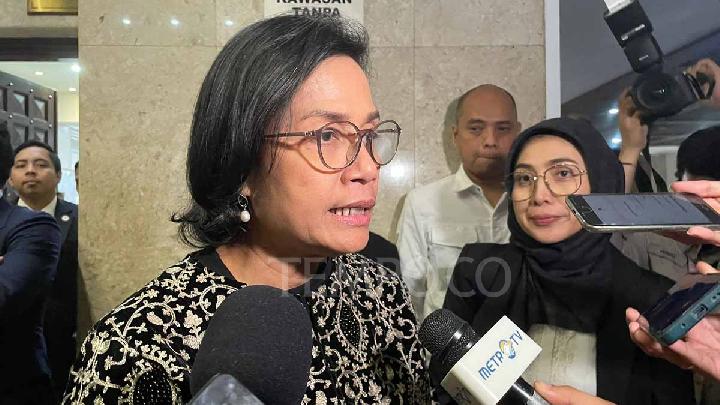
Sri Mulyani met with US Charg d'Affaires Peter M. Haymond on Friday, August 1, 2025, to discuss strengthening US-Indonesia ties.
Sri Mulyani Vows to Maintain 5% State Budget Allocation for Health Sector
1 hari lalu

Finance Minister Sri Mulyani will maintain the 5% state budget allocation for health, focusing on basic services, health posts, and hospital upgrades.
Indonesia's New Crypto Tax Rules: Key Points You Need to Know
2 hari lalu

The latest tax regulations on crypto assets have been issued by Finance Minister Sri Mulyani Indrawati. What are the key points?
Indonesia to Issue Kangaroo Bond in August, Says Sri Mulyani
4 hari lalu

The government plans to issue Kangaroo Bonds, which are Indonesian debt securities denominated in Australian dollars.
Crypto Asset Sales No Longer Subject to VAT Under New Finance Ministry Rule
4 hari lalu

The government has issued a new tax regulation regarding crypto asset transactions, which will come into effect on August 1, 2025.
Sri Mulyani Reveals Prabowo's Instructions on Deregulation and Targeted Spending
12 hari lalu
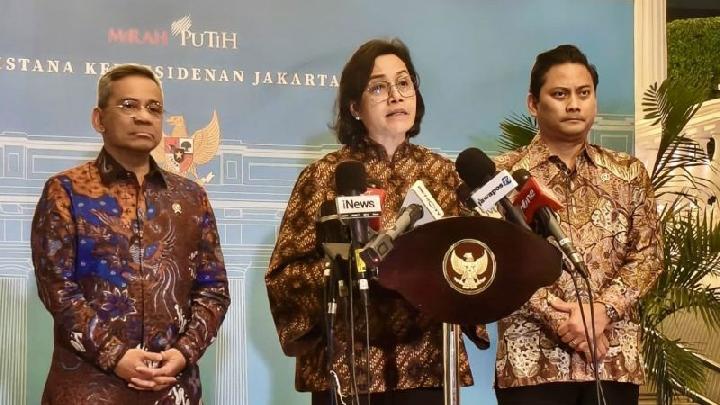
Indonesian President Prabowo also asked Finance Minister Sri Mulyani and her team to keep the APBN deficit at a good level.
Sri Mulyani Grilled Over Repeated Failure to Meet 20% Education Budget Target
12 hari lalu
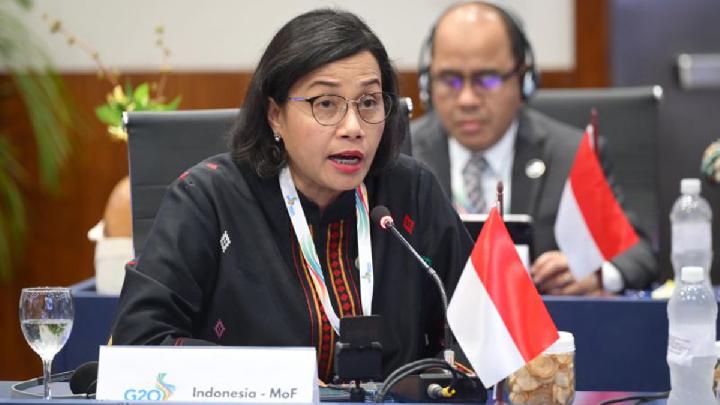
A member of the House's Commission XI raises concerns to Sri Mulyani over the education budget falling short of 20 percent of the APBN.
Indonesia's Sri Mulyani Urges Inclusive Global Financial Reform at G20 Meeting
14 hari lalu

According to Sri Mulyani, the global financial architecture must encompass the full spectrum of the economy.
Sri Mulyani: War, Elections Pose Risks, But Indonesia's Economy Is Recovering
19 hari lalu
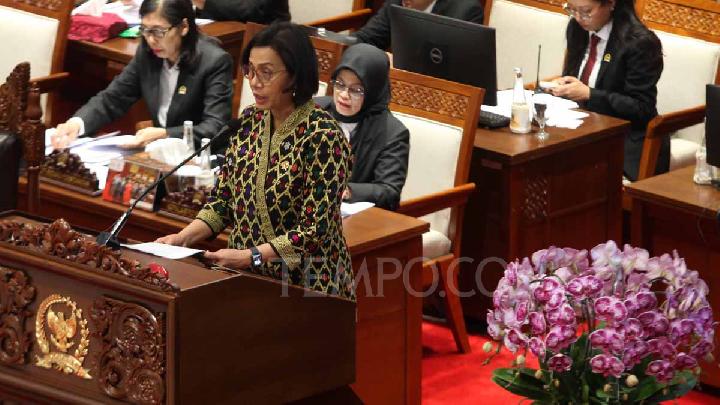
Sri Mulyani Indrawati stated that throughout 2024, geopolitical tensions and general elections in 70 countries had triggered significant uncertainty.
How Indonesia Responds to Trump's 10% Additional Tariff Threat on BRICS Members
23 hari lalu

President Donald Trump threatens to impose a 10 percent import tariff on countries that are part of BRICS for being considered anti-America.

